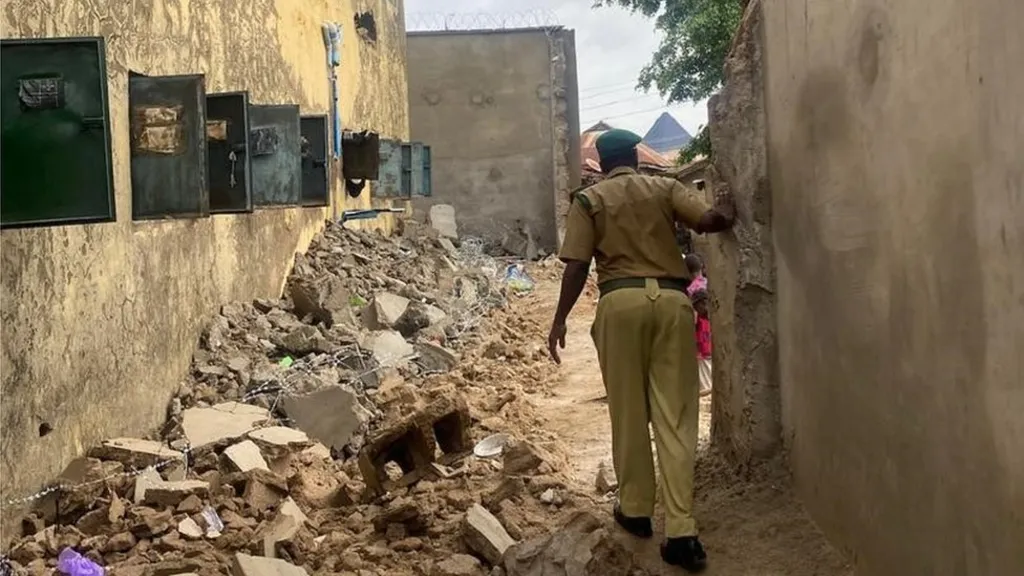January in November: Expect same PLE results in 2018
Fresh in my mind is the morning of January 12th 2016, as the Uganda National Examinations Board (UNEB) with the Education Minister, and the first lady Janet Kataaha Museveni released the Primary Leaving Examination (PLE) results for the academic year 2015.
Having followed the performance trends over the past years, I knew that we would have a similar script to that of the Executive Secretary Daniel Odongo on the overall performance even before he came to the podium.
Keep Reading
"Boys performed better than girls," "urban centers performed better than their rural counterparts", "high absenteeism rates" were some of the lines I had scribbled in my notebook and these were confirmed after the release of the results.
Should I carry my 2016 script to the 2017 PLE results release? Will the narrative be different? Have we done anything differently this year? Have we made an effort to improve learning, schools or teacher’s performance?
This year, out of the 640, 833 candidates who registered for the P7 class, 488,310 candidates were from Universal Primary Education while only 152, 657 were from non Universal Primary Education.
On why urban schools perform better than rural schools, UNEB records that Buyende, Luuka, Kween, Mayuge, Kaliro have been consistently the worst performing districts for the last 3 years, followed by Kitgum district which did not have any achieving first grades in the 2016 PLE results.
I am dreaming of the day when we shall have top performing pupils from one of these districts. I guess the million-dollar question is: will this or more importantly can this ever happen?
Until we address the challenges faced by schools in rural areas, majority of which (schools) are under Universal Primary Education, we shall continue casting stones at these districts for poor performance.
The recent World Bank report on education highlights some of the challenges that our government needs to address if education is to improve, especially in the rural areas.
Absurdly, teacher absenteeism in Uganda, which stands at 58%, is one of the highest in the sub-Saharan Africa and has remained one of the stumbling blocks in the path of Uganda’s rural schools’ performance.
This issue has always been cited as one of the causes of poor performance at the launch of PLE results every year.
It would be interesting to look into how committed the government is to addressing the challenge.
It makes sense at a very basic level that children can only have any hope of learning if their teachers are in class.
Efforts such as strengthening district school inspections by education officers need to be given more priority.
Their reports and recommendations should be used to improve accountability of teachers who stay away from school yet expect a salary at the end of the month.
I would also propose that government explores technological options to improve attendance and performance of teachers.
In our remote classrooms, technology will aid transparency.
We have seen this work effectively in Bridge International Academies where teacher absenteeism has been reduced to less than 5% in Uganda.
Unlike in urban centers where there is stricter supervision and lesson monitoring by the director of studies especially in private schools, there is little class monitoring that happens in rural schools.
This means that we can not access how much the teacher has taught and to what extent children have learnt at the end of the lesson.
This is reechoed in the World Bank Report which argues that because of these failing systems, “children learn very little in education systems with millions of them lacking basic literacy and numeracy skills.”
We know that feeding is an issue in our schools and i agree with the First Lady that ‘pupil nutrition affects their performance’.
However, if we know this to be the case then why don’t all schools have feeding programmes. It is because it is an expensive and costly process that the Government does not priorities it.
If they do not address it then why is it mentioned every year as a reason for poor performance?
It is of course desperately sad that children do not always have enough to eat but whilst we are resolving this there are other things that can be done to improve performance and to help our children learn.
We should sure that they have good textbooks and good materials and making sure that those in rural areas are not sharing one book between a class of 100 pupils would be a start.
Most schools in urban centers invest resources to support their PLE finalists.
In some schools, parents of pupils in the candidate classes get involved in the preparation including inviting external examiners for briefing, for revision of past papers, extra learning including studying on Saturday among others.
This is important for boosting pupil confidence levels as they prepare for exams.
However, why is it that these kind of preparations are only available in urban or wealthy schools?
Why do the children of those in rural communities or poorer families not deserve to benefit and be given the same opportunity and hope that success in school and in the PLE can provide?
I suppose so.
My suggestion requires formidable support from government including adopting interventions like teacher exchange programs, seminars, revision sessions, and extended school days, better resources, greater transparency and more accountability.
If we want our PLE pupils to perform well, we must look at what happens in their primary schooling, not just what happens the week or two before they take the exam
Many parents in rural schools have resigned themselves that their children will not get the education they deserve.
Often the biting poverty has crippled their ability to believe that they have a choice.
In grave cases, a P7 candidate is the breadwinner of the home. This means that the child must first do odd jobs or do home chores before they get to school.
The lives they live mean that they see that their children aren’t learning, that they can’t play the system and therefore they have to focus on what matters on a day to day basis, which is providing for the family and themselves.
How many families in Urban communities can identify with feeling this way?
These are a trickle of the myriad challenges affecting education in rural areas that need to be addressed before we condemn a child’s poor performance in school.
Against all odds, I am optimistic that one day, I will revise my notes to read “Rural schools performed better that urban schools.”













